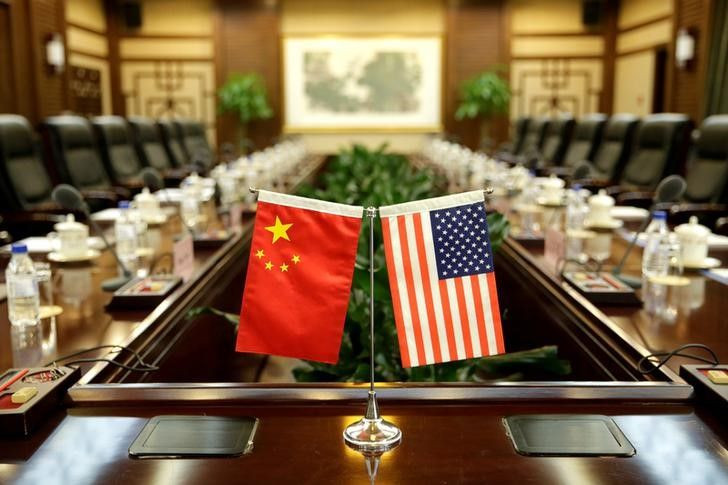US - China Trade War: Beijing Says It Has 'Proactively Dealt With' Trade Tensions This Year

KEY POINTS
- The Chinese government has touted its success in dealing with U.S. trade tensions this year
- Trump and Chinese leader Xi Jinping are expected to sign a "phase one" trade deal next month
- The Chinese ambassador to the U.S. has said that Beijing will honor its trade commitments with Washington
China’s Commerce Ministry said Sunday it has “proactively dealt with” trade tensions with the United States this year, as the two countries have agreed on a “phase one” trade deal. The Ministry said on its website that it has “resolutely safeguarded the interests of the country and the people”
The “phase one” agreement will entail the U.S. rolling back tariffs on Chinese goods, in exchange for Beijing buying more American agricultural products. The deal will also have other provisions, such as China opening up its financial sector for American companies.
Cui Tiankai, China’s ambassador to the U.S., said Saturday that Beijing would live up to its trade commitments with Washington. The “phase one” deal is currently under legal review in China and the U.S., with President Trump saying he would sign onto the agreement in a ceremony with Chinese leader Xi Jinping in January.
The “phase one” deal will benefit the U.S. farming sector, with American farmers hit hard by the U.S.-China trade war. The Trump administration has implemented a $16 billion bailout of the agricultural sector, which has been criticized by Democrats for benefiting wealthy farmers over those worst affected by trade tensions.
The U.S. and China will still need to reach a comprehensive agreement to completely end the trade war between the two nations. The U.S. has slapped tariffs on Chinese goods because the Trump administration believes that the strategy will keep China from flooding global markets with cheap products and that it would revive U.S. manufacturing. The Trump administration has also labeled China as a currency manipulator.
© Copyright IBTimes 2025. All rights reserved.





















